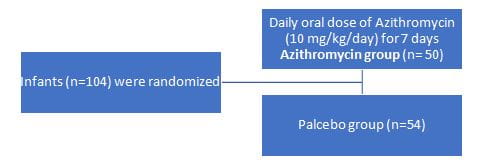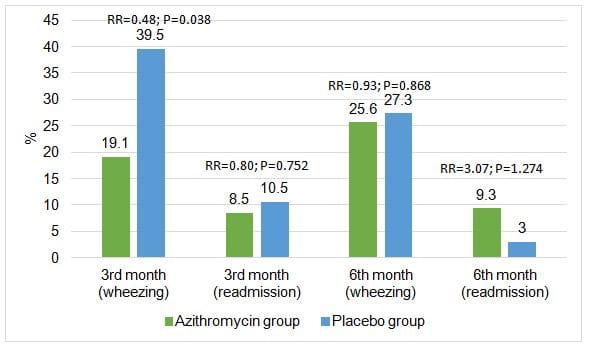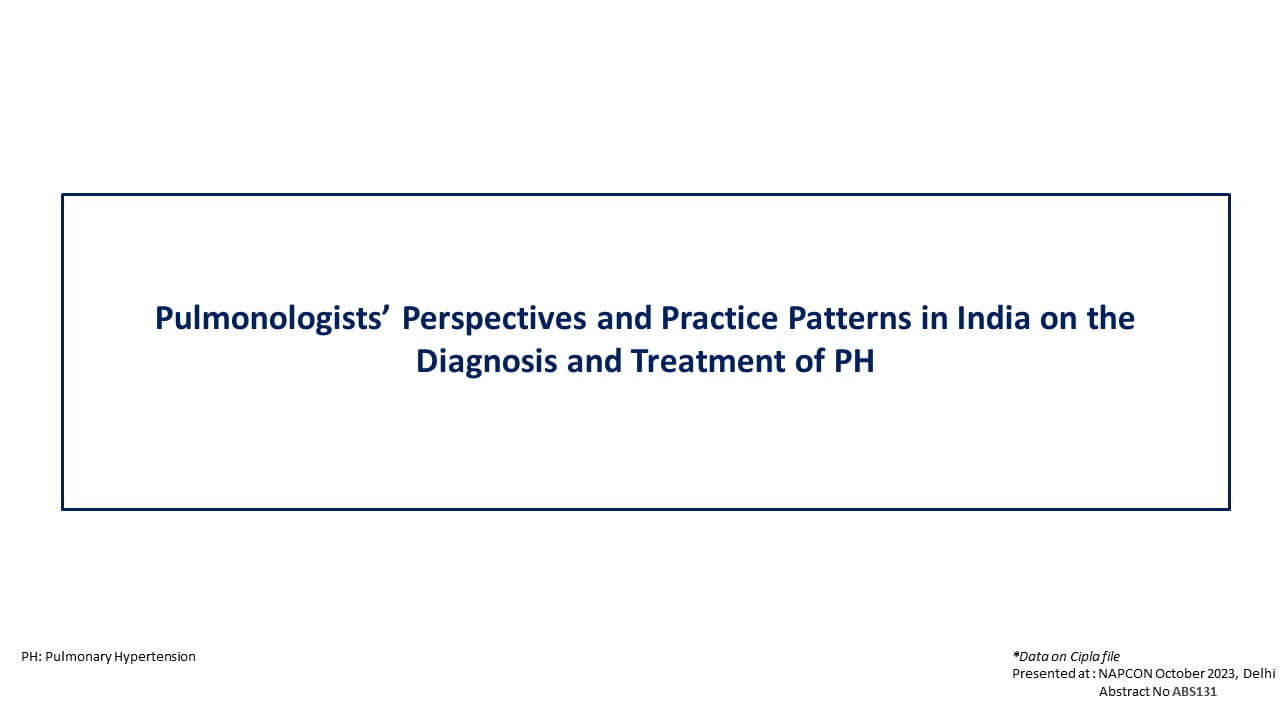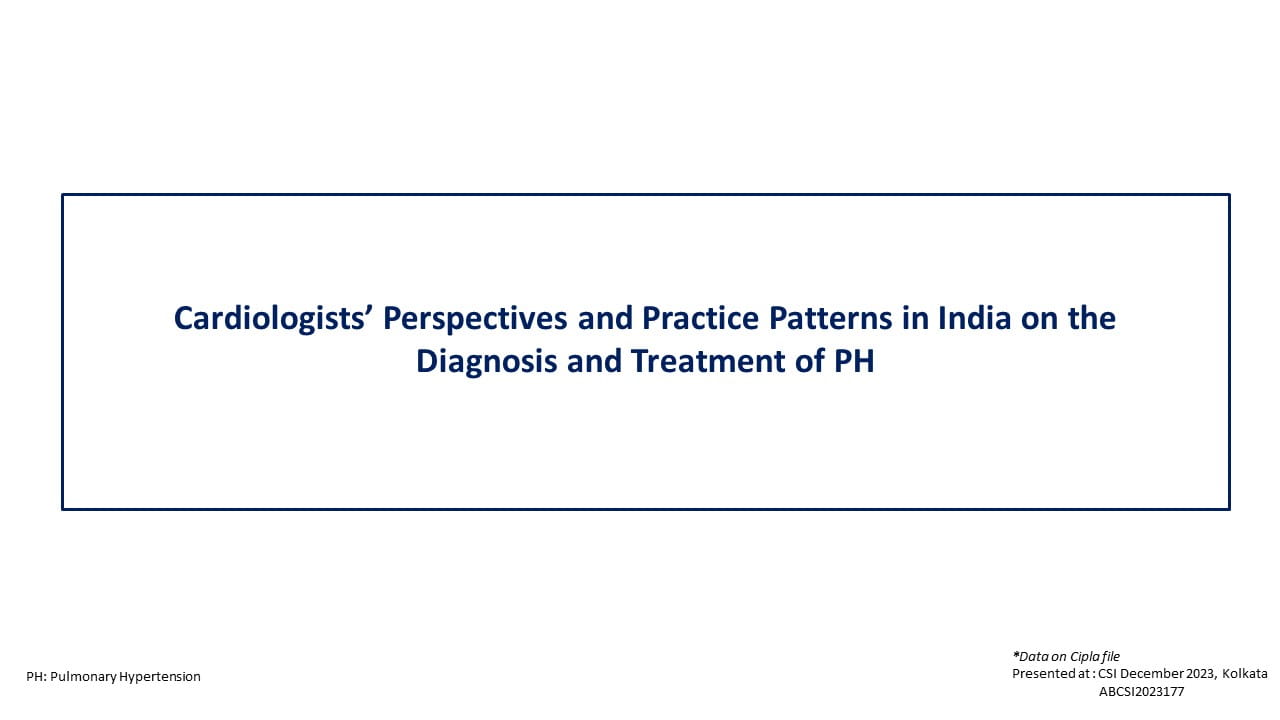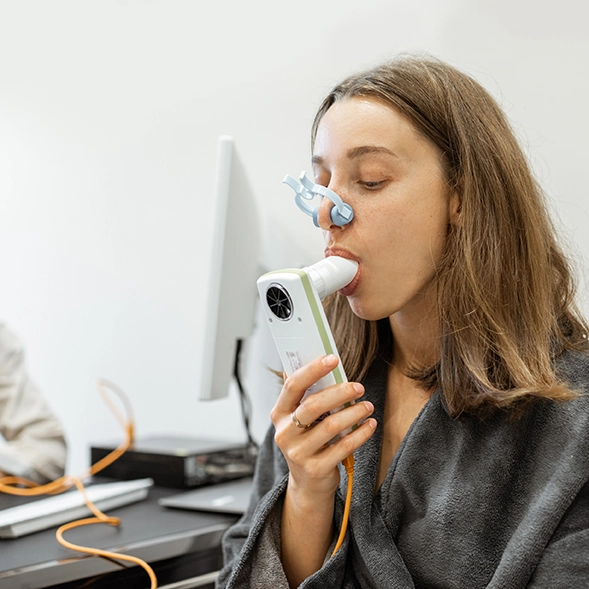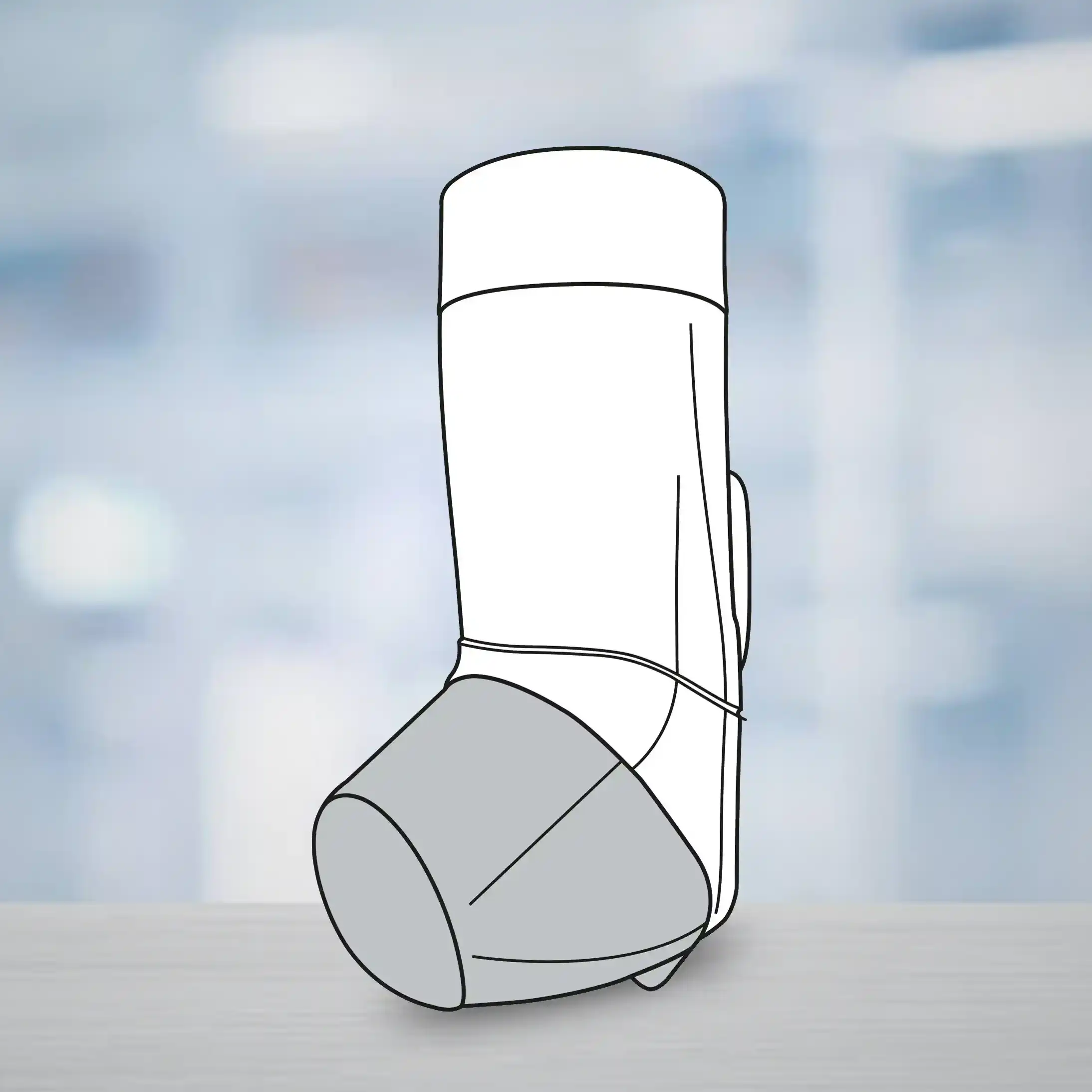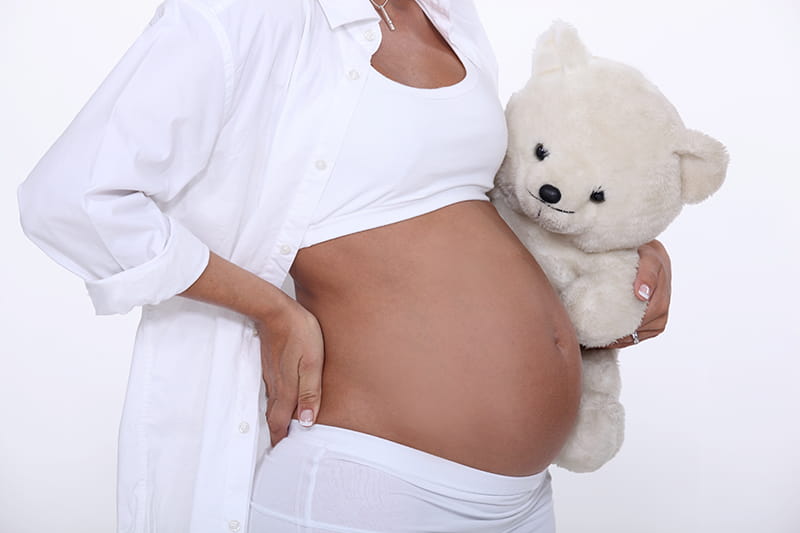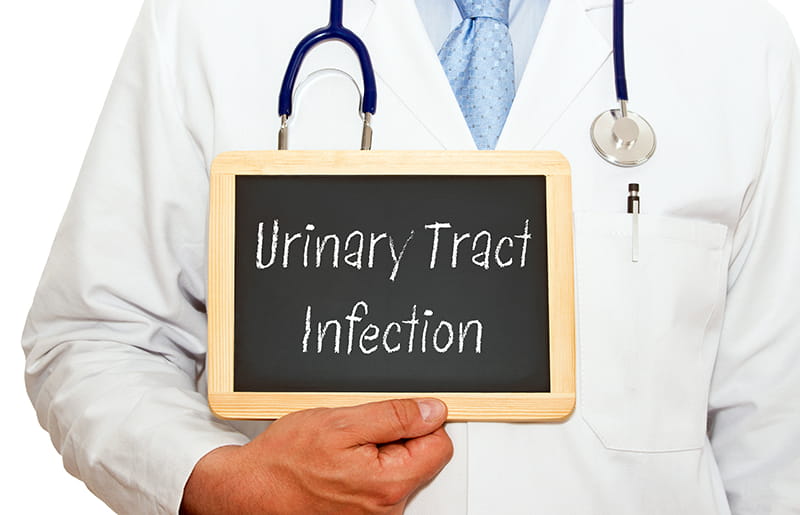Introduction
A relevant proportion (30-40%) of infants hospitalised for acute bronchiolitis (AB) in the first year of life present recurrent wheezing episodes after the first hospital admission.
Aim
To test the hypothesis that administration of azithromycin during hospitalisation for AB reduces the risk of subsequent wheezing episodes and hospital readmission, independent of the viral aetiology
Patient Profile
Infants less than 12 months of age hospitalised with AB
Methods
- A randomised, double-blinded, placebo?controlled trial
- Families were contacted by telephone at 3 and 6 months after the initial acute event and answered to a standardised questionnaire in order to identify recurrent wheezing and hospital readmissions
Results
|
|
Azithromycin |
Placebo |
P-value |
|
Age at enrollment, months, mean |
3.26 |
3.14 |
0.843 |
|
Weight at enrollment, kg, mean |
5.72 |
5.85 |
0.749 |
|
Gender, boys, n |
22 |
21 |
0.720 |
|
Use of ?2 agonist, n |
9 |
11 |
0.405 |
|
Hypoxemia at admission, n |
37 |
33 |
1.000 |
|
Positive for any virus |
20 |
22 |
0.288 |
|
Positive for RSV, n |
17 |
21 |
0.182 |
|
Duration of hospitalisation, days |
5.32 |
5.85 |
0.464 |
- Positive samples for RSV were found in 65 of the 104 (62%) of randomised patients
- Other viruses identified were Parainfluenza (N=10), Influenza (N=15) and Adenovirus (N=3)
- In the patients included in the secondary follow-up analysis, Respiratory Syncytial Virus (RSV) was identified in 38/70 (54.3%) of patients
- The recurrence rate of wheezing in the azithromycin group was significantly lower than in the placebo group in patients contacted 3 months after hospitalisation
Conclusion
Azithromycin administered during AB hospitalisation resulted in the reduction of recurrent wheezing episodes; however, this effect is not sustained at six months after AB hospitalisation.
Reference
J Bras Pneumol. 2020;46(3): e20180376


